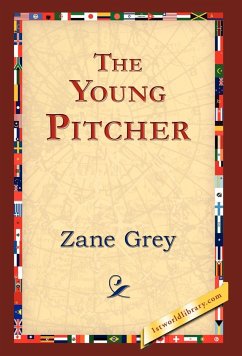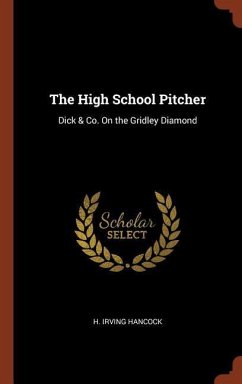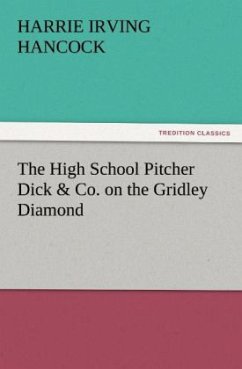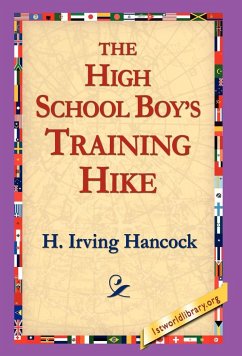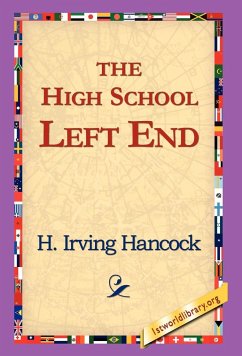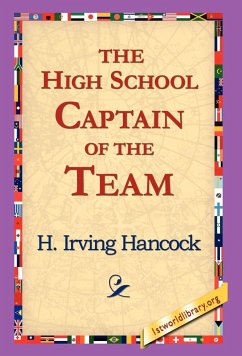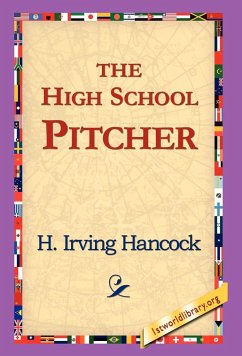
The High School Pitcher
Versandkostenfrei!
Versandfertig in über 4 Wochen
26,99 €
inkl. MwSt.
Weitere Ausgaben:

PAYBACK Punkte
13 °P sammeln!
Clang! "Attention, please." The barely audible droning of study ceased promptly in the big assembly room of the Gridley High School. The new principal, who had just stepped into the room, and who now stood waiting behind his flat-top desk on the platform, was a tall, thin, severe-looking man of thirty-two or three. For this year Dr. Carl Thornton, beloved principal for a half-score of years, was not in command at the school. Ill health had forced the good old doctor to take at least a year's rest, and this stranger now sat in the Thornton chair. "Mr. Harper," almost rasped out Mr. Cantwell's v...
Clang! "Attention, please." The barely audible droning of study ceased promptly in the big assembly room of the Gridley High School. The new principal, who had just stepped into the room, and who now stood waiting behind his flat-top desk on the platform, was a tall, thin, severe-looking man of thirty-two or three. For this year Dr. Carl Thornton, beloved principal for a half-score of years, was not in command at the school. Ill health had forced the good old doctor to take at least a year's rest, and this stranger now sat in the Thornton chair. "Mr. Harper," almost rasped out Mr. Cantwell's voice, "stop rustling that paper."



